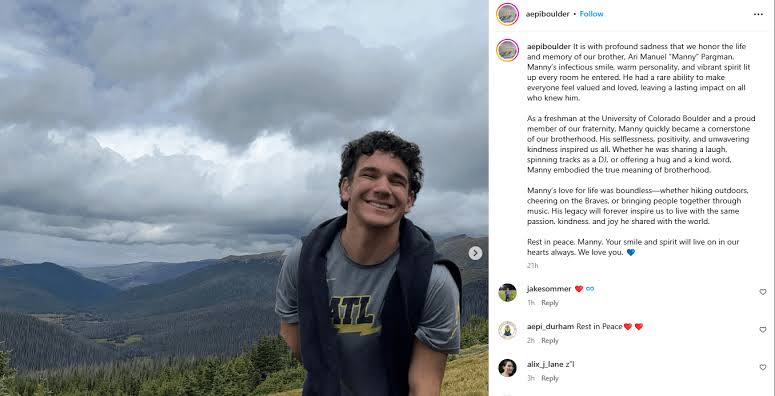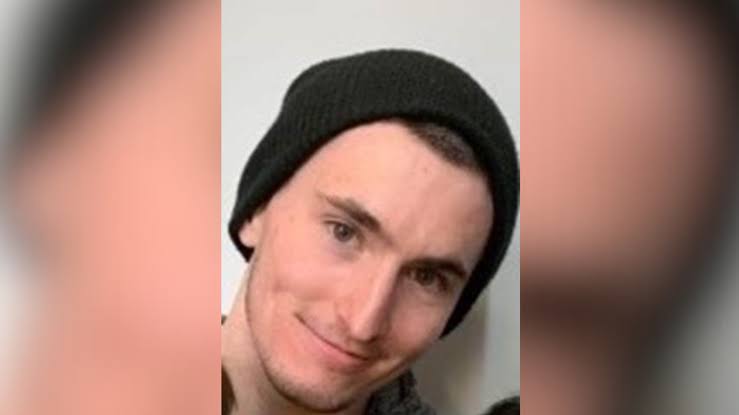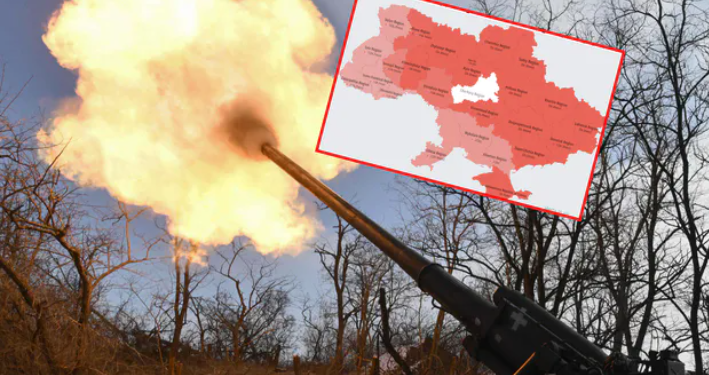CU Boulder Freshman Found Dead Amid Ongoing Mental Health Struggles
CU Boulder Freshman Found Dead Amid Ongoing Mental Health Struggles
The University of Colorado Boulder community is once again mourning the loss of one of its own after a freshman student was found dead earlier this week. University officials have confirmed that the student, whose name has been withheld to respect the family’s privacy, died by suicide. The heartbreaking incident underscores growing concerns about student mental health on college campuses nationwide — and especially at CU Boulder, where a series of recent tragedies has cast a heavy shadow over the campus.
According to a statement released by the Boulder County Coroner’s Office, the student was discovered in a wooded area near Chautauqua Park, a popular destination for students seeking a break from academic pressures. The cause of death was ruled as self-inflicted, and no foul play is suspected.
This incident marks the fourth student suicide reported at CU Boulder within the past academic year, igniting urgent discussions about mental health support services, campus culture, and the overwhelming pressures faced by young adults entering college.
A Troubling Trend
In recent years, universities across the United States have reported sharp increases in mental health issues among students. A 2023 study from the American College Health Association revealed that nearly 60% of college students reported experiencing overwhelming anxiety, and about 40% reported symptoms of depression. CU Boulder has not been immune to this trend.
The university has previously invested in mental health resources, including expanding the availability of counseling services, launching peer support programs, and hosting wellness workshops. However, many students have voiced concerns that these efforts, while meaningful, are not sufficient to meet the scale of the need.
“I think there are resources, but a lot of us don’t know how to access them, or we’re afraid to,” said Sarah L., a sophomore at CU Boulder. “There’s still stigma around asking for help. And when you finally do, sometimes the wait times for counseling appointments are weeks long.”
Following the recent tragedy, university leaders have reiterated their commitment to supporting student mental health. In a letter to the campus community, Chancellor Philip DiStefano expressed deep sorrow and emphasized the importance of seeking help.
“Our hearts go out to the family, friends, and all those affected by this devastating loss,” the letter read. “We urge any student who is struggling to reach out — you are not alone.”
Students Speak Out
In the aftermath of the freshman’s death, students have organized vigils, mental health forums, and open discussions to both honor the deceased and advocate for change.
At a candlelight vigil held outside Norlin Library, hundreds of students gathered, many holding signs that read “You Are Not Alone” and “Mental Health Matters.” Several attendees shared personal stories of their struggles with mental health, calling for a cultural shift toward greater openness and compassion.
“We need to stop pretending that everything is okay all the time,” said Maya T., a junior majoring in Psychology. “College is stressful. Life is hard. We need to make it normal to talk about that — not something to hide.”
Student organizations like Active Minds at CU Boulder have renewed their efforts to educate students about available resources and destigmatize mental health challenges. They are also pushing for structural changes, including hiring more counselors, offering mental health days, and integrating mental health education into the freshman orientation program.
The Hidden Pressures of Freshman Year
For many students, the transition to college life can be both exciting and overwhelming. Away from family support systems for the first time, freshmen face academic challenges, social pressures, financial stress, and in some cases, pre-existing mental health conditions that may worsen in the new environment.
Mental health experts say the first year of college is a particularly vulnerable period.
“Students are adjusting to an entirely new life, often hundreds or thousands of miles from home,” explained Dr. Maria Jensen, a licensed clinical psychologist based in Boulder. “There’s academic pressure to succeed, social pressure to fit in, and sometimes a loss of identity. It’s a perfect storm for mental health issues to emerge or intensify.”
Dr. Jensen also pointed out that while universities have made strides in mental health awareness, systemic barriers still exist — including inadequate staffing, limited appointment availability, and a lack of long-term therapy options.
“Addressing mental health on campuses requires more than just offering crisis support,” she said. “It requires building a culture of care, normalizing seeking help, and ensuring that resources are truly accessible.”
Moving Forward
In response to the tragedy, CU Boulder officials have announced plans to hold a campus-wide Mental Health Action Week in May, which will include workshops, drop-in counseling sessions, stress-relief activities, and open forums where students can voice their concerns directly to university leaders.
Additionally, Counseling and Psychiatric Services (CAPS) will be extending their drop-in hours and expanding group therapy options to address the surge in demand.
Still, for many students and parents, the changes cannot come soon enough.
“We can’t wait for another tragedy before we act,” said Michael Pargman, the father of another CU Boulder student who died by suicide last semester. Pargman has become an advocate for mental health reform at CU, working with administrators and state lawmakers to increase funding for campus mental health services.
“Our young people deserve better,” he said. “We owe it to them to create an environment where asking for help is seen as a strength, not a weakness.”
Resources and Support
In light of recent events, CU Boulder reminds students that multiple support options are available, including:
Counseling and Psychiatric Services (CAPS): Offers crisis walk-in hours, short-term counseling, and psychiatric services.
Office of Victim Assistance (OVA): Provides confidential counseling and support.
Real Help Hotline: Available 24/7 at 833-533-CHAT (2428).
AcademicLiveCare: A free telehealth platform for students.
Students, faculty, and staff are encouraged to look out for one another and to reach out if they or someone they know is struggling.
If you or someone you know is in crisis, you can also call the 988 Suicide & Crisis Lifeline by dialing 988 for free, confidential support available 24/7.






